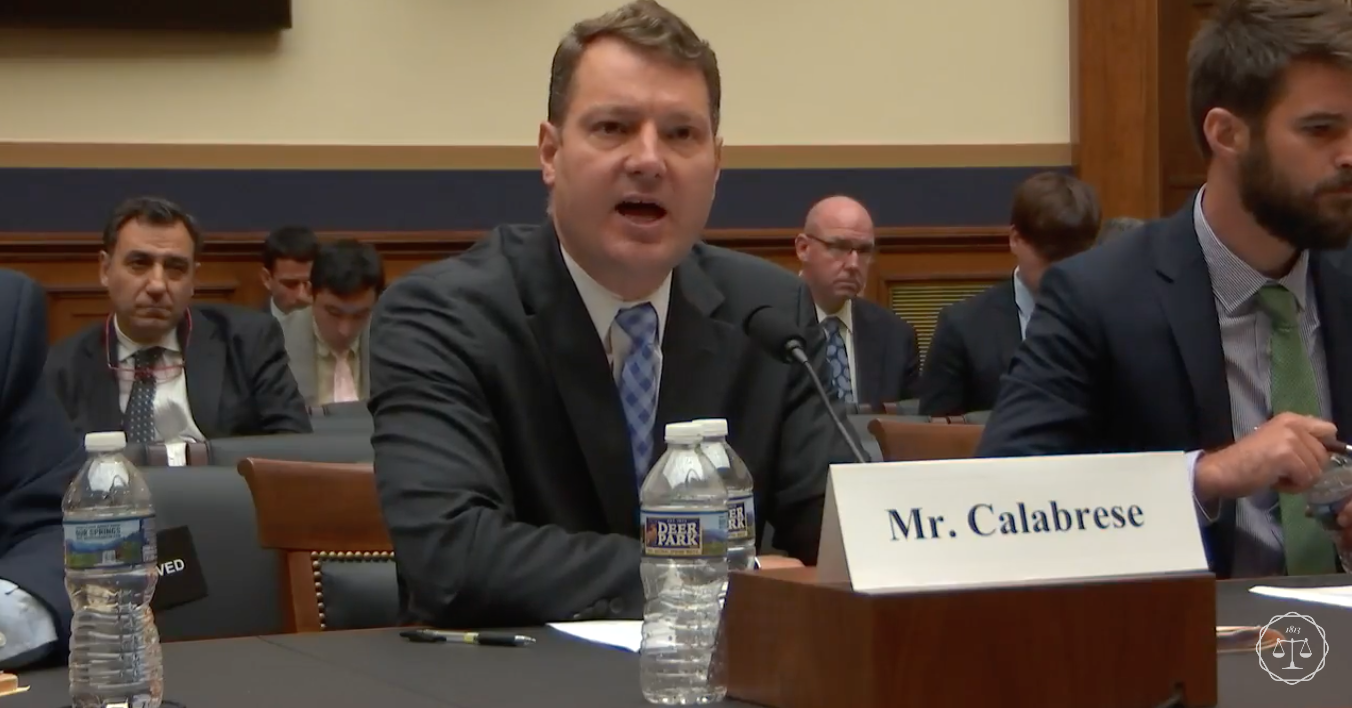Cybersecurity & Standards, Government Surveillance
House Judiciary Committee Demonstrates Strong Interest in Privacy
By Ted Fergusson, CDT Intern
Last week, the full House of Representatives Judiciary Committee heard testimony on reforming a complicated area of surveillance law: how governments request data that resides in a different country. Witnesses included Acting Deputy Assistant Attorney General Richard Downing, UK Deputy National Security Advisor Patty McGuinness, and CDT’s Vice President for Policy Chris Calabrese.
Testimony focused on the Department of Justice’s (DoJ) proposed legislation that would amend U.S. privacy laws to permit foreign governments to request data directly from U.S. companies without going through American courts, with the expectation that this new regime would be tested with the UK first. Current cross-border data requests are governed by the Mutual Legal Assistance Treaty (MLAT) system, which generally requires the requesting government to meet the legal requirements where the data resides. This system is often criticized for being slow and infringing on other countries’ sovereign laws. However, CDT has done analysis on the current DoJ proposal to reform the system and found that it does not sufficiently cover four key points. CDT believes that any comprehensive framework for cross-border data flows should:
- Enact a strong, privacy protective reciprocal framework for enacting bilateral agreements between nations,
- Improve the existing MLAT system to reduce unnecessary administrative delays,
- Pass the Email Privacy Act, and
- Adoption of a version of the International Communications Privacy Act (ICPA).
Chris expands on these points at greater length in his written testimony.
Cross-border data requests are complicated and reform must carefully consider the impacts on privacy, free expression, and human rights. Importantly, multiple representatives shared our concerns over the current government proposal. Ranking Member John Conyers, Jr. (D-MI), for example, used his opening remarks to focus on the Email Privacy Act and improving the MLAT system, which has been a priority for CDT and other privacy advocates. Similarly, Chairman Bob Goodlatte (R-VA) questioned Mr. McGuinness about how new surveillance rules would protect the privacy of U.S. citizens. Members also asked questions about harmonizing the standards of probable cause in the U.S. and proportionality in the UK, the proposed ability for foreign governments to conduct wiretapping operations within the U.S., and the role of Congress in overseeing these bilateral treaties.
It’s clear that the Judiciary Committee understands how complex this issue is, and will be carefully considering how to draft legislation that not only facilitates legitimate investigations, but also protects our rights as well. This is the second hearing on cross-border data flows under this Congress, and we anticipate that this will be an active issue during this session; we are looking forward to working with them to get any moving legislation right.
Watch the full testimony here.



